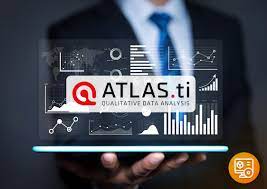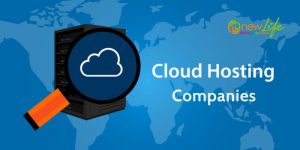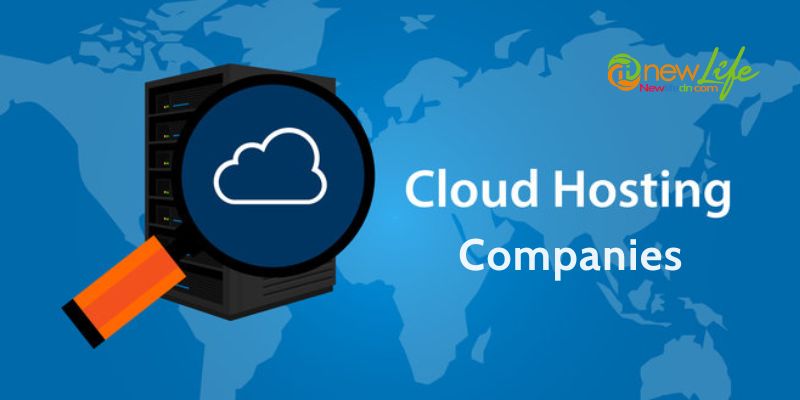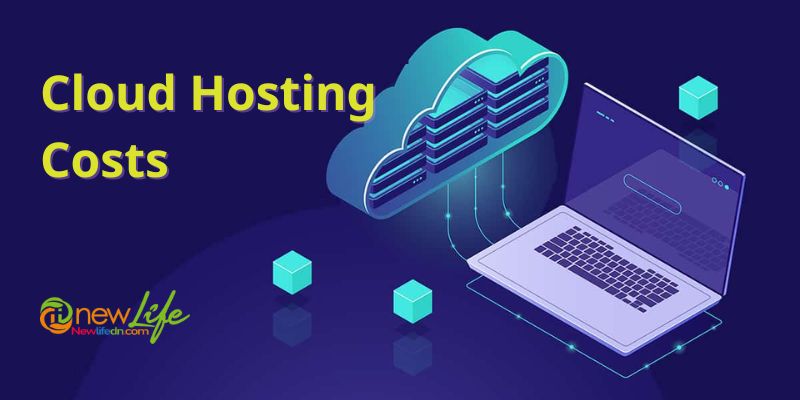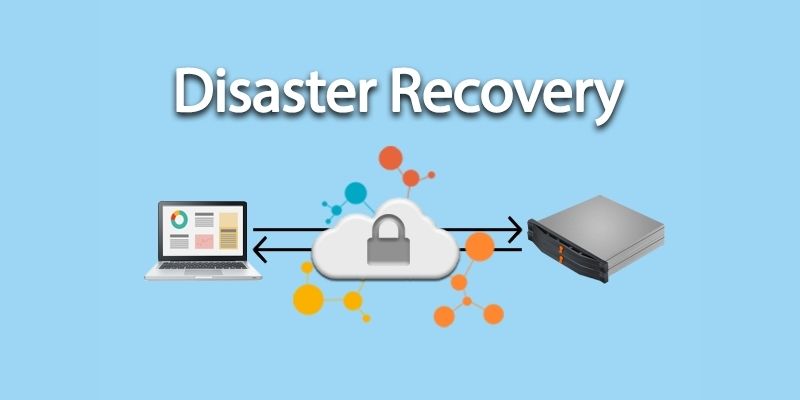Big data analysis software is widely used in providing meaningful analysis of a large set of data. These software analysis tools help to find out current market trends, customer preferences and other information. Large amounts of data are difficult to handle in a traditional database. So that’s why using big data tools and managing huge data sizes is so easy. Today we will analyze Atlas.ti– Best software for Big Data Analytics, with popular features and the latest download links.
Contents
What is Atlas.ti software?
Businesses may evaluate the quality of material, including text, images, audio, and video, using the qualitative data analysis platform ATLAS.ti. On-premises or cloud deployment of the platform is possible by utilizing Windows, Mac, Android, or iOS devices. Businesses, academic institutions, and students may use ATLAS.ti to analyze papers, websites, and social media data.
Users may arrange qualitative data and save documents on the cloud with ATLAS.ti Cloud. Within the platform, users may update papers and material and add notes, comments, or tags to highlight certain citations or offer more data insights. Additionally, ATLAS.ti makes it easy to create new tags using code, monitor analytics results using analytics logs, collaborate via focus groups, and find material using the Smart Search feature.
Key Features of ATLAS.ti
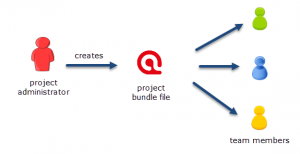
The majority of the effort required for qualitative data analysis is spent organizing, coding, and confirming your data. Several tools are available from ATLAS.ti to help with this procedure. Of course, importing the data into ATLAS.ti is the first step. The program supports a wide range of data formats, including text documents, videos, and audio files. Even better, it imports information straight from social networks, transcribing tools, reference management software, survey applications, and Evernote. In fact, as long as the tweets were posted within the last week, you can ask ATLAS.ti to gather data from Twitter.
This program, in contrast to some of its rivals, lets you create citations without instantly encrypting your data. Instead of slipping into the over-coding trap, you may go over your data, add summaries, and create your own paraphrase for each source. You shouldn’t begin coding your data until you know where your study is going, and even then, make sure each code includes at least a few citations.
- The desktop version may be used to import projects from the online version, and vice versa, allowing you to do analysis from any location.
- You may simply share your data and findings with others thanks to real-time automatic team collaboration (with a web version).
- Even if you have no prior knowledge of qualitative data analysis, the interface is simple to understand.
- You may always obtain the support you need thanks to lifetime support from a group of professionals.
- You may always have the most recent version of Atlas thanks to a cost-effective lifetime license.
The pros of ATLAS.ti
- Atlas is a comprehensive tool that helps you find themes and patterns in your data and generate detailed reports.
- Built for every need, Atlas offers an intuitive interface, fast data loading, and a variety of analysis tools.
- Using this software, you will be using some of the most intuitive software for qualitative data analysis so that regardless of your level of experience, you can get the most out of your data management capabilities.
- With desktop versions of Windows and Mac that can bring in data from a variety of data sources, Atlas is a great tool for your qualitative data analysis needs.
The Cons of ATLAS.ti
- Problems assigning documents to the hermeneutic unit, whether they are text, images, sound, etc., because these files are stored on the hard disk at a specific address and may not be embedded in the interpretive unit.
- Atlas.ti only sets the associated file directive reference
- If the address is changed, the program will have trouble finding it and it may lose its execution.
Cost
Licenses from ATLAS.ti are available for a variety of uses, each with a unique cost. Keep in mind that taxes are not included in any of the following costs. Students can purchase ATLAS.ti for the semester for as little as $8.50 per month, but education professionals must pay $240 ($20 per month) for an annual license. Users who are not-for-profit or have government usage can get a discount of $380 annually ($31.67 monthly).
The most expensive version to buy for business purposes is ATLAS.ti. You have the option of a monthly or yearly plan if there is just one user. The monthly cost of the yearly plan is the same, but you must pay the entire $600 up the advance. Through its generous 90-day free trial, you may experience ATLAS.ti. You can use the program to its fullest extent for the first five days. Then you are limited to creating projects of a certain size.
Customer Service Review
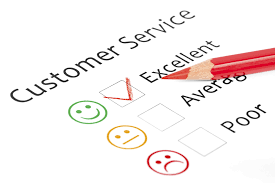
Although ATLAS.ti is simple to use, there are often too many features. Fortunately, there are many thorough guides available for you to watch and read. If you find a door manual with more than 190 pages to be overwhelming, the manufacturer also provides a brief and easy online tour. The one-hour video course is ideal for seeing ATLAS.ti in action in the meanwhile.
License administration, billing, troubleshooting, and other typical problems are addressed in the FAQ section. Another choice is to get in touch directly with the business, which you may do on weekdays by phone and email. Additionally, you may get in touch with ATLAS.ti on Facebook, LinkedIn, and Twitter.
Conclusion
In conclusion, ATLAS.ti is a powerful software that can be used for a variety of qualitative research projects. The software is particularly useful for qualitative researchers, such as sociologists, anthropologists, and market researchers, who need to analyze unstructured data. Additionally, the software can be used to collaborate with team members, making it a great option for team-based research projects. Overall, ATLAS.ti is a versatile and user-friendly software that can be used to support a wide range of qualitative research projects.
